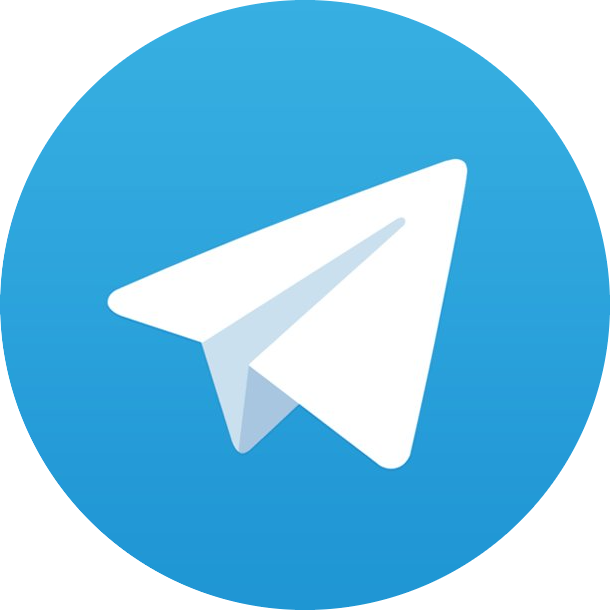
For observers standing at the Pole, the heavens would appear to have been created just for them. Their unique perspective places Polaris, the only motionless star in the sky, perfectly situated directly above them, with all the other visible stars rotating horizontal left to right paths 360 degrees around, all at an apparently equal distance away. The Sun and Moon also rotate horizonally around the polar observer, with the Sun rising and setting only once per year, creating 6 month days and 6 month nights!
For polar observers the Sun rises in the South, not the East, and circles horizontally around rising ever so slightly in the sky, about a quarter degree per day. This creates an extended morning twilight with its brilliant colors which instead of lasting for the usual 45 minutes, lasts around 45 days! Every year at the spring equinox, after a long winter night, dawn begins to break and the first traces of the Sun creep above the horizon. By summer solstice the Sun reaches its highest point in the polar sky, around 23.5 degrees, and begins its slow, almost imperceptible descent. At the autumnal equinox, the last traces of the Sun disppear beyond the horizon, and an extended evening twilight persists for a month and half, after which the polar observer will not see sunlight again until spring. Thanks to abundant starlight, regular aurora borealis activity, and two weeks of moonlight per month, the long polar nights are not pitch black, but actually quite well lit and beautiful.
In all, a year at the Pole sees approximately six months of continuous daylight, followed by a month and a half of evening twilight, then three months of relative darkness, ending in a month and half long spring dawn. The exact number of days for each portion of the polar year is disputed among various authorities, however, which raises the question again as to whether or not modern man truly has attained the Pole. If we have research bases and encampments built all over at and around the North Pole as claimed, why is there not a single video online or anywhere else showing a year-long continuous time-lapse of this world wonder!? To see Polaris unmoving directly 90 degrees overhead while all the other stars rotate horizontally around uninterrupted by sunlight for months at a time, then to watch the first rays of the longest, most beautiful dawn lighting the horizon and revolving 360 degrees around without setting for many more months, would be an absolute spectacle to behold, worthy of an Imax documentary, and a true wonder of the world, but somehow no such video exists.
The following presentation « Polar Astronomy and Anthropology » was taken from a chapter in my new book « Flatlantis » available now from Lulu and Amazon:
http://www.lulu.com/spotlight/ericdubay
https://www.amazon.com/author/ericdubay
http://www.EricDubay.com
http://www.AtlanteanConspiracy.com
http://www.IFERS.123.st


